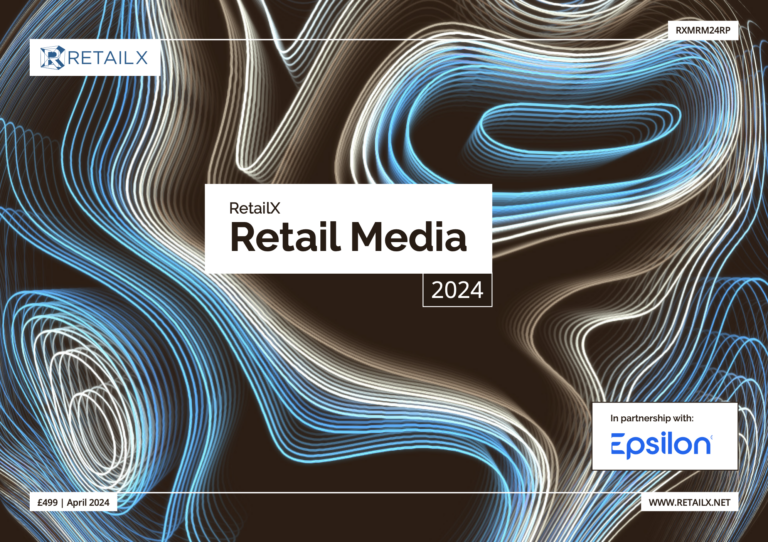Retailers are being forced to build on their value credentials with consumers increasingly basing their purchase decisions on value for money above all other things.
In line with this week’s British Retail Consortium (BRC) Retail Sales Monitor figures, OC&C’s latest annual Retail and Proposition Index report reveals that, with 43 per cent of consumers planning to spend less in the next 12 months, retailers must act urgently to set and communicate fair and consistent pricing, to protect trust at all costs while managing inflation.
The busy festive shopping season is normally a boom period for UK retailers. But the latest BRC figures reiterate that retail businesses should be braced for a hard winter as squeezed consumers cut down on spending and increasingly demand value from their favourite shops.
The analysis shows consumers are more likely to protect spending this year at value-led retailers: Of the 10 retailers most resilient to a fall in disposable income, half are value-led. The RPI also shows value players in 2022 have been able to convert visitors to purchase much more effectively than other retailers, with a conversion rate of 66%, compared to 47% for mass market retailers, and 44% for premium players.
Changing value/trust equation
Whereas shoppers used to equate trust with the reliability and safety of products, now consumers are increasingly linking trust with value for money as they battle to keep the cost of their weekly shopping down. OC&C’s latest report found that 80% of consumers are now prioritising price as their key motivator when shopping – compared to just 65% in 2019.
Value credentials have become much more important in determining which retailersconsumers choose to shop with. Value for money and low pricing are intrinsically linked, and the top-rated players on these criteria (irrespective of the sector) include many that have cost and value leadership engrained in their economic and operating models.
To deliver and lead on value, retail leaders need to fundamentally restructure their business models to develop resilience and competitive advantage around it, as other criteria have taken a backseat in the face of challenging conditions.
The consumer focus on value has helped value-oriented retailers, such as Aldi and Lidl, make a combined 2.4% market share leap since the beginning of the cost-of-living crisis. However, retailers must be careful that they don’t neglect their sustainable initiatives in the race to keep prices low, as environmental impact remains an influence with almost a third of UK shoppers, and particularly for younger consumers.
Sohini Pramanick, Partner at OC&C Strategy Consultants, comments: “These are undoubtedly challenging times for retail businesses as consumers look to find bargains at the same time as input prices continue to rise. It will be the retailers who can maintain consumer trust, continue to provide their customers with strong value and avoid compromising on their sustainability goals, that will see their market share grow through these challenging times.”










